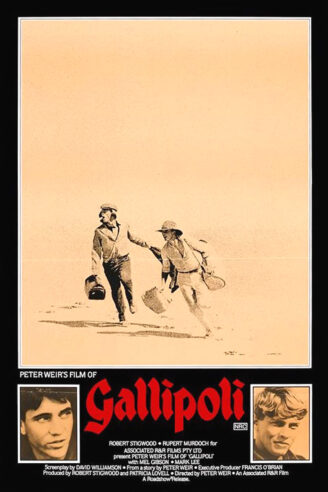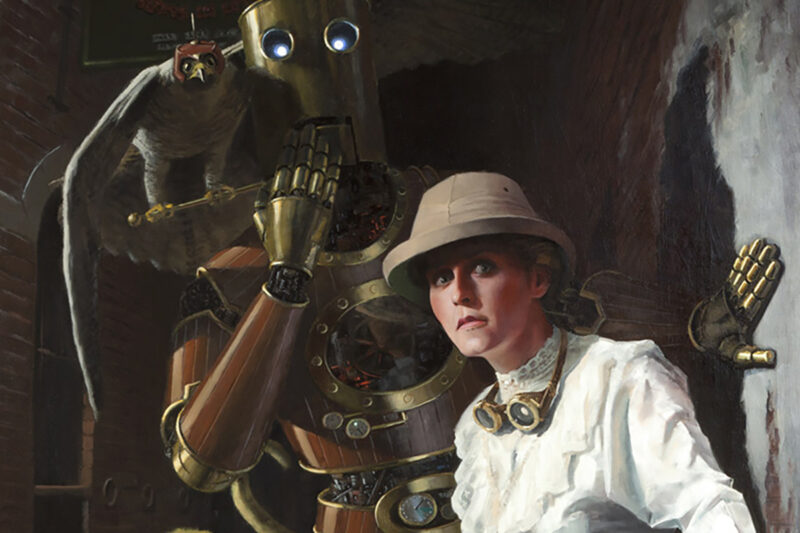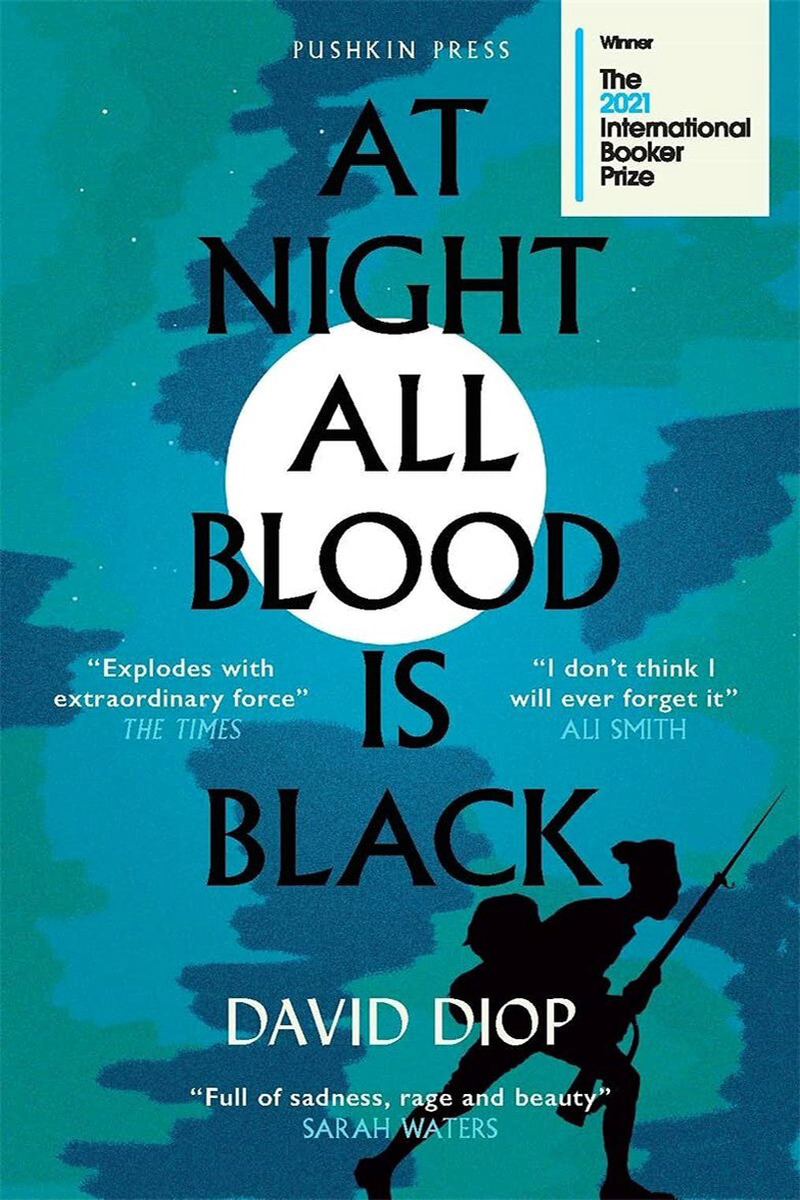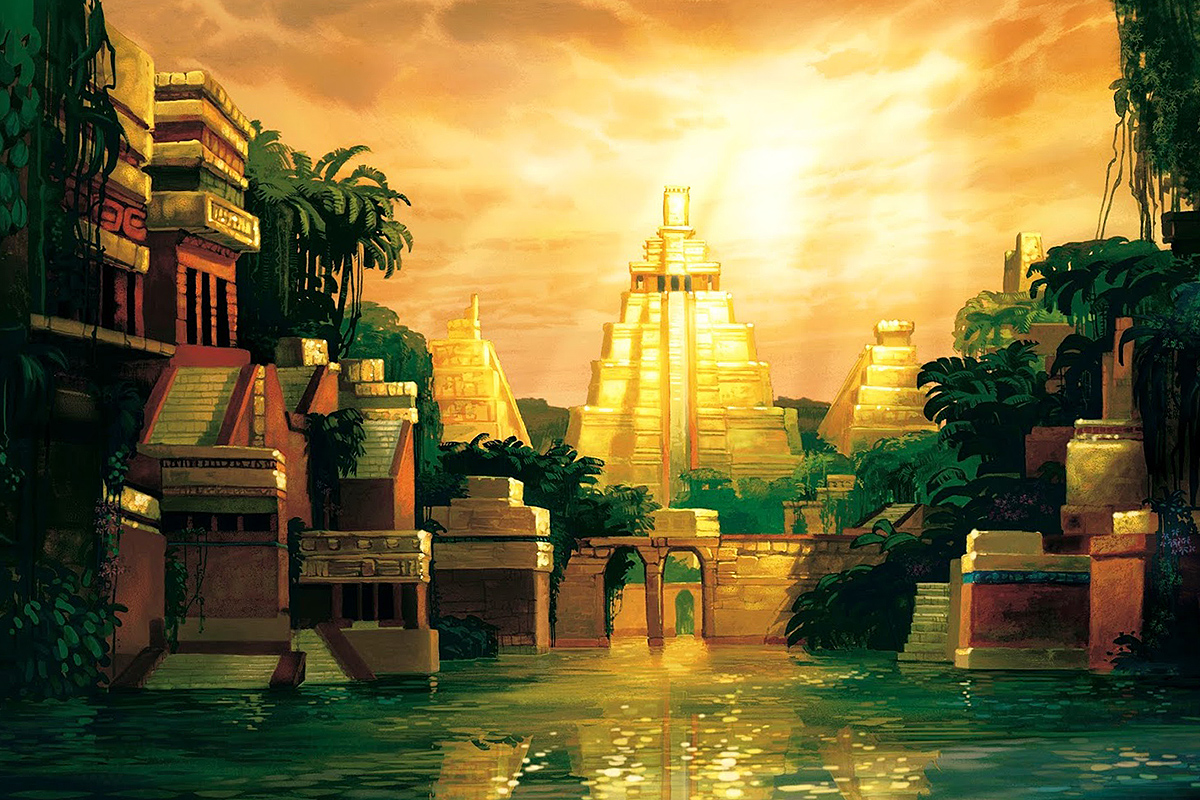Germany has the Thirty Years’ War. Britain has the Somme. America has Vietnam. Israel has Lebanon. Many countries have their battles or wars that forever imprint within the minds of their populations that armed conflict is a putrid slaughterhouse where nothing is gained but a pile of bones.
Australia has Gallipoli, that peninsula on the north of the Dardanelles, guarding the way to Istanbul (or Constantinople) where so many of its young men were sent to die in the name of an island thousands of miles away from their home.
This human tragedy is chronicled in Gallipoli, the 1981 film directed by Peter Weir and starring Mel Gibson and Mark Lee. It is a film that retreads many films about World War I: that war is a pointless, bloody mess not worth fighting. It’s an understandable position, given how little it seemed to accomplish and how it set the stage for the unrestrained carnage after what Ferdinand Foch called “not a peace, but an armistice for twenty years.”
But Gallipoli does not aspire to be so grand. History is not just the story of kings and presidents and prime ministers. It is also a story of little people who have, for good reasons or bad, been thrown into the maelstrom that kings and presidents and prime ministers created.
Such are Archy Hamilton (Lee) and Frank Dunne (Gibson), two young men from Western Australia. They are both accomplished sprinters; much of the early part of the film revolves around a race between them. After the result goes in a way nobody expected, they both end up going to Perth to enlist in the Australian Imperial Force to fight in the name of the king.
So much of this film is about whether fighting is even worth it. It is definitely not a dolled-up recruitment film for the Australian armed forces. There is a strong undercurrent that nice, wholesome things like foot races are being sacrificed to the Moloch of war. Archy and Frank discuss this in depth. More nuance is provided when we learn that Frank is of Irish heritage. As they walk through the Outback with little else to do, the meaning of their choices is thrown into stark and brutal relief.
You spend some time in Egypt with Archy and Frank. Those who have watched Indiana Jones and the Raiders of the Lost Ark will see something familiar. Then they are thrown into the maw of the devil when they board the troopship to their fateful battle.
The soundtrack of the film is mostly good. It was composed by Brian May, of Mad Max fame. There is a strange dissonance with the use of excerpts from Oxygène, the electronic album by Jean-Michel Jarre, which clashes with the rest of the soundtrack, making the film feel distractingly 80s when it is depicting World War I.
The violence, once it happens, is ugly and without frills. This is not a war thriller, nor a war horror. It is the story of a country that received its baptism by fire on the cliffs of Gallipoli. This film is an intensely emotional experience, as it is about the passions of two men as a proxy for the Australian people as a whole. The Australian Commonwealth was born in conflict (when it was formally brought into existence, Australian men were fighting in South Africa), but its baptism into something so ugly was at that peninsula in Turkey.





